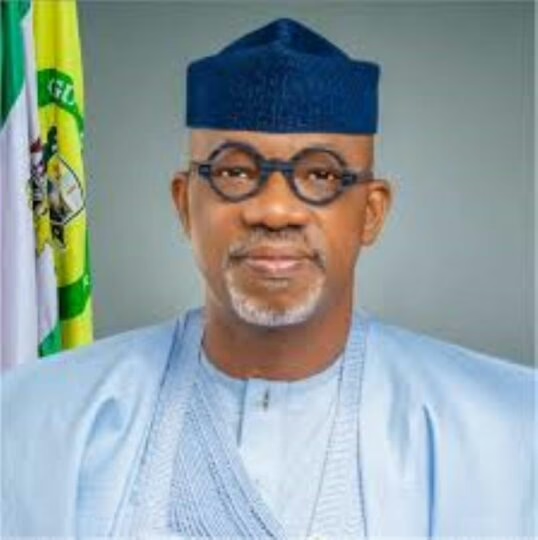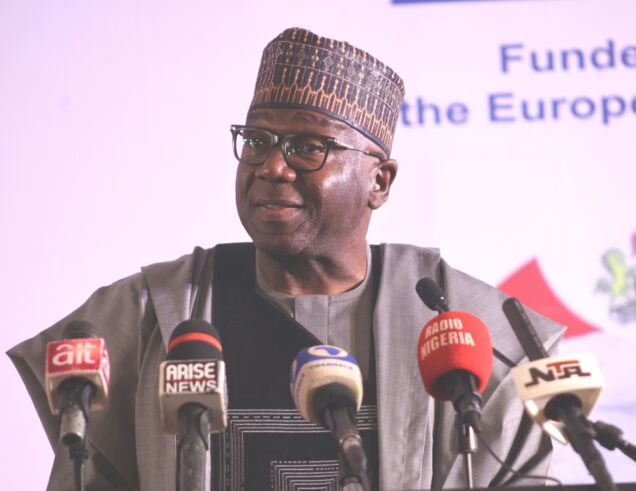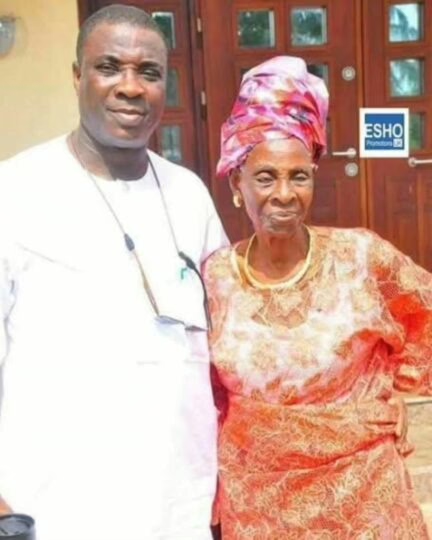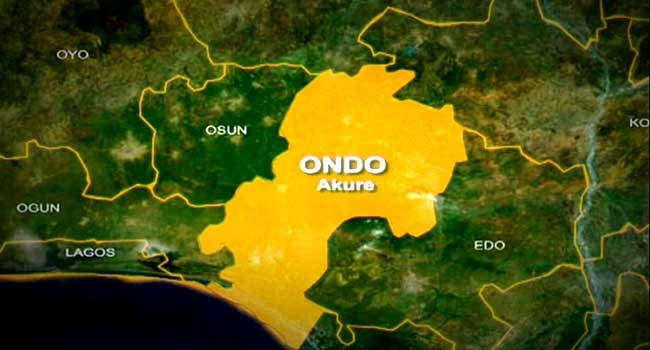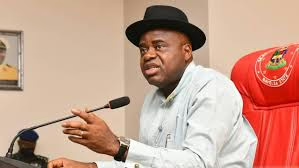The Chairman of the Senate Committee on Electoral Act, Senator Sharafadeen Alli, has berated election practice in Nigeria while hailing Liberians for being patriotic.
The lawmaker who applauded Liberians in their just concluded presidential election for their act, particularly party agents on the field said this on Tuesday while speaking on Channels Television’s Sunrise Daily.
Opposition leader, Joseph Boakai, defeated Liberian president, George Weah in the poll.
Liberia’s electoral commission reported that Boakai polled 50.89 per cent after tallying the ballots from more than 99 per cent of polling stations, while Weah had 49.11 per cent.
Former President Goodluck Jonathan had lauded the show of statesmanship by Weah in the election for accepting defeat.
In his tweets last Saturday, titled ‘Liberia wins, Democracy gains,’ Jonathan said he was pleased with the outcome of the democratic process in Liberia.
Major opposition political parties in Nigeria; the Peoples Democratic Party and the New Nigeria People’s Party identified unbiased electoral umpire, security agencies and independent judiciary as part of lessons Nigeria can learn from Liberia’s presidential election, The PUNCH reports.
Weah, a football legend earlier conceded defeat last Friday.
“Ladies and gentlemen, tonight the CDC (party) has lost the election, but Liberia has won. This is the time for graciousness in defeat, to put national interest above personal interest,” he said in a speech on national radio.
While hailing the act of Liberians in the poll, especially party agents, Alli said, “I must be honest with you; they (Liberians) are patriotic. In a situation where, after voting, people will just go and you then begin to wonder, asking, ‘Where are you going?’ ‘I am going to my house.’ ‘Are you not going to wait and see the counting?’ ‘My agent is there.’ ‘Are you sure he is not going to compromise?’ Then he says, ‘No problem; I have confidence in him.”
The senator added, “But here in Nigeria, if you don’t look well, your agent is a problem. It’s our culture, and these are some of the things we have to consider. Our culture towards elections, our Electoral Act, and talking to the people. We need to do a lot of letting the government see that we need a different orientation.”


